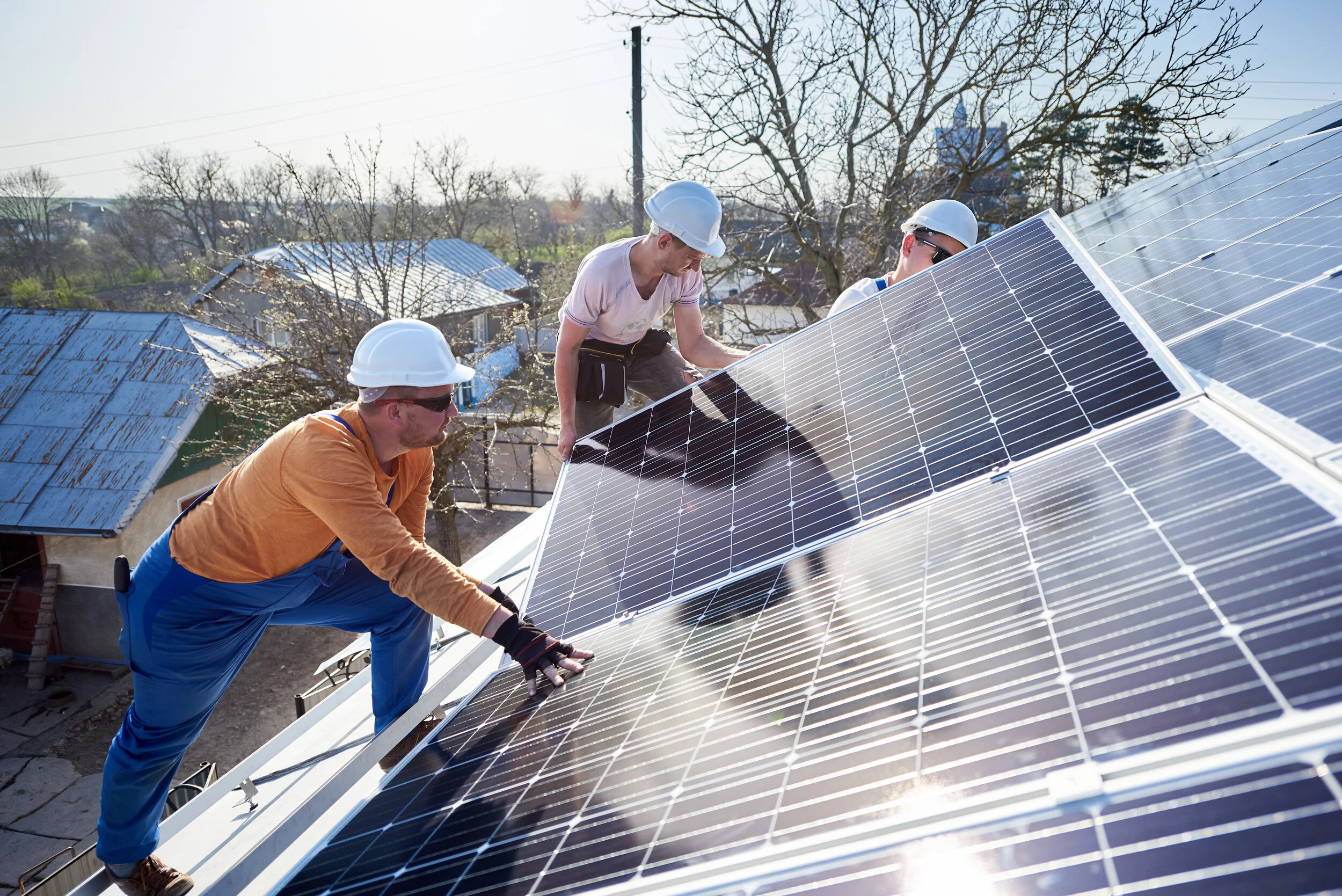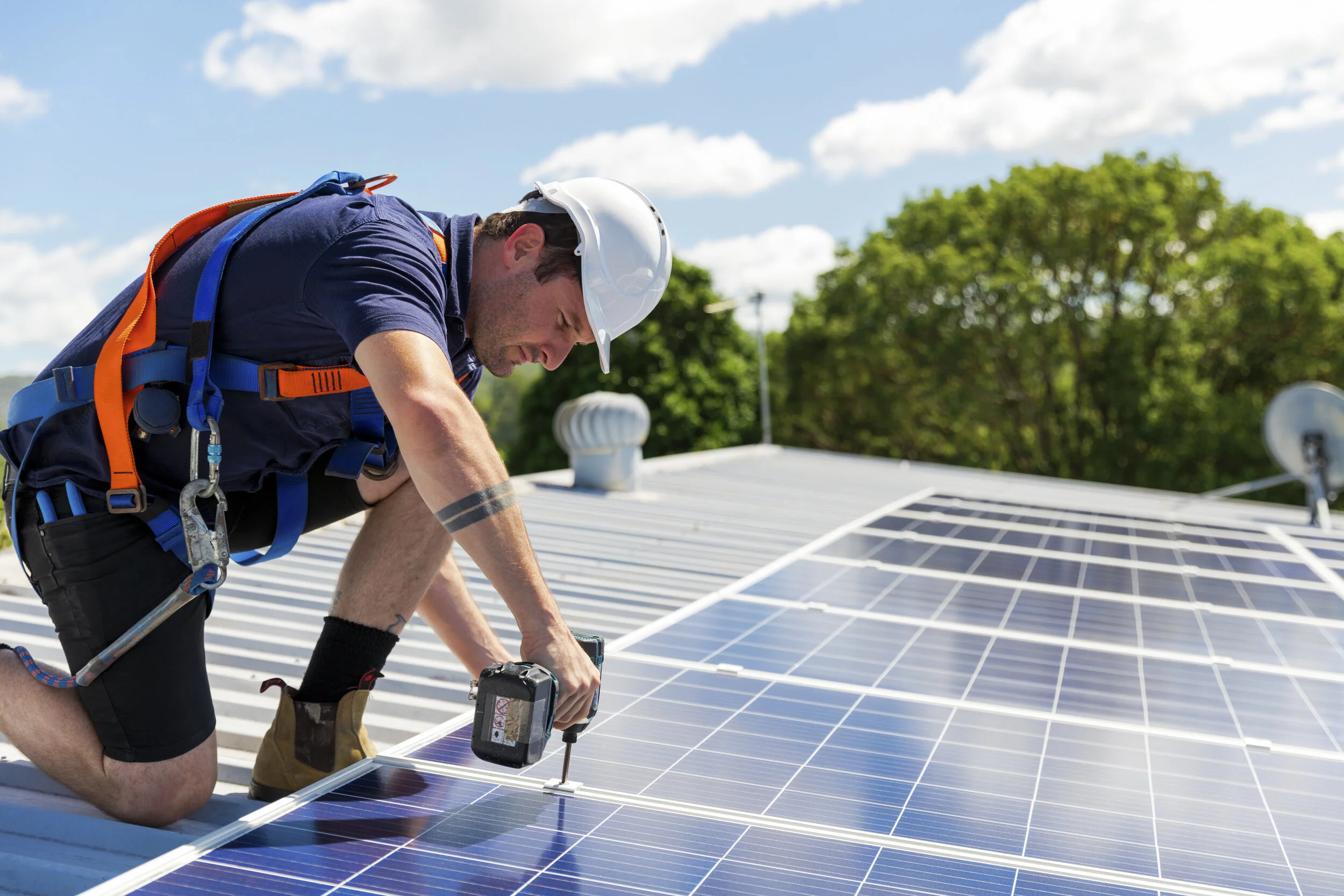The University of Texas recently published "The State of Electric Competition in the United States of America," evaluating the competitiveness of different states’ electricity sectors. The national "Electric Competition Scorecard" ranks each state based on how competitive their electricity markets are and provides recommendations for removing barriers to entry.
Each state was scored based on 10 different factors related to a wide range of issues to determine competitiveness, including the existence of wholesale and retail electricity markets, requirements for RFPs in vertically integrated states, data access policies for customers and third parties, compensation policies for distributed generation, and the percentage of power plants that are privately owned.






















